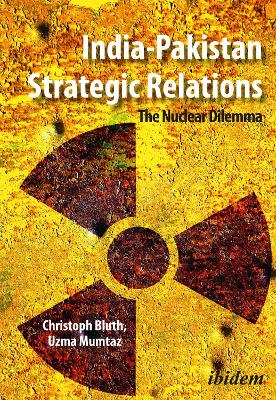India and Pakistan have been in a state of persistent conflict that goes back to the very creation of these states after decolonization. This conflict has resulted in several wars and continuing armed clashes. After both states became nuclear powers, one would have expected a fundamental change in the way they wage war, since it is a fundamental principle of International Relations theory that nuclear-armed states do not go to war with each other. But the situation in South Asia seems to defy this principle. Indias conventional superiority should be neutralized by Pakistans nuclear capability, while Pakistans risk-taking behavior should be reduced. But as a matter of fact, the situation has turned out quite differently: Although large-scale conventional wars have not occurred, the nuclear status seems to have encouraged conflict and risk-taking. The number of armed clashes rose. Bluth and Mumtaz scrutinize the atypical and seemingly paradoxical impact of nuclearization on the conflict between India and Pakistan, paying extra attention on the question of how stable this paradoxical strategic relationship is. They demonstrate that the dominant paradigm used in the International Relations literature is by far not adequate to explain the strategic relations between India and Pakistan and set to work on developing a more coherent explanation. A must-read for everyone interested in International Relations and conflict resolution research.
- ISBN10 3838214137
- ISBN13 9783838214139
- Publish Date 20 December 2021 (first published 28 May 2020)
- Publish Status Active
- Publish Country DE
- Imprint ibidem-Verlag, Jessica Haunschild u Christian Schon
- Format Paperback
- Pages 350
- Language English
